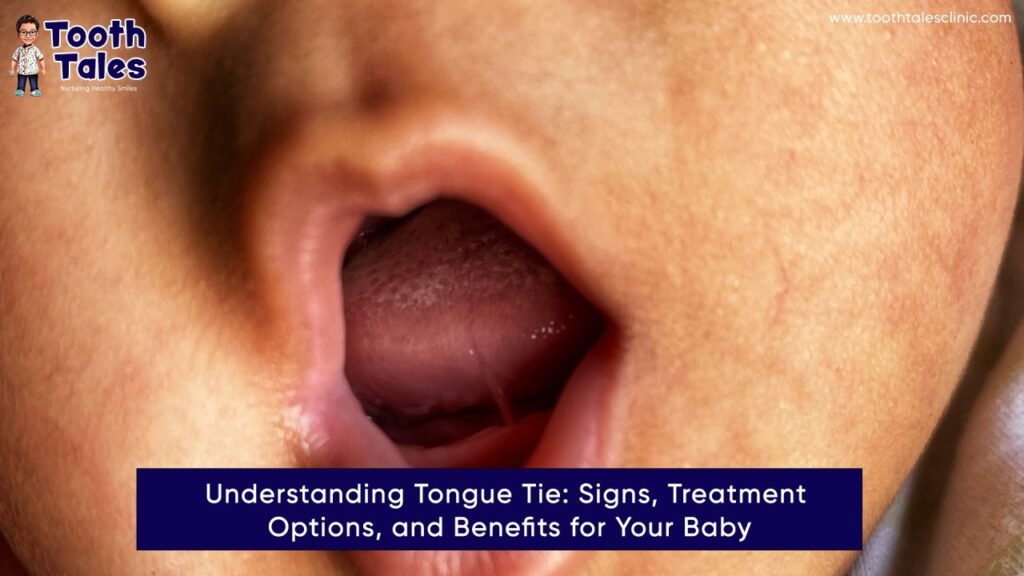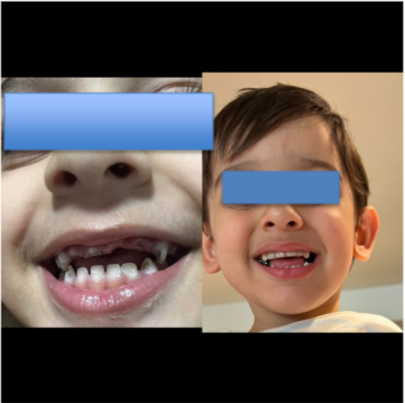Tongue tie, medically known as ankyloglossia, is a condition that affects a baby’s ability to move their tongue freely. While it might sound like a minor issue, tongue tie can significantly impact feeding, speech, and oral development if left untreated. Understanding the condition, its symptoms, and treatment options can help parents make informed decisions about their child’s care.
What is Tongue Tie ?
Tongue tie occurs when the lingual frenulum—a band of tissue that connects the tongue to the floor of the mouth—is shorter, tighter, or thicker than normal. This restriction can limit the tongue’s range of motion, causing challenges in everyday functions such as latching, chewing, and speaking.
Signs of Tongue Tie in Babies
- Difficulty breastfeeding or bottle-feeding.
- Poor latch, leading to frequent feeding sessions.
- Clicking sounds while feeding.
- Irritability during or after feeding.
- Weight gain issues due to inadequate milk transfer.
It's always better to start them on easier books, because then they feel successful, and that spurs them on, so they'll read more.
John Doe Tweet
How Tongue Tie Affects Children
In addition to feeding difficulties, tongue tie can lead to speech impediments, difficulty swallowing, and dental problems as a child grows. It’s crucial to address the issue early to minimize long-term complications.
Treatment Options for Tongue Tie
The most common treatments include:
- Frenotomy: A quick, minimally invasive procedure where the frenulum is snipped to release the tongue.
- Frenuloplasty: A more advanced surgical option for severe cases, often requiring sutures.
- Laser Surgery: A precise and pain-minimized method to treat tongue tie with minimal recovery time.
Benefits of Treating Tongue Tie
Treating tongue tie can have immediate and long-term benefits, including improved breastfeeding, enhanced speech development, and better oral hygiene habits. Parents often notice an immediate difference in their baby’s feeding ability and overall comfort.
If you suspect your child has a tongue tie, consult a pediatric dentist or lactation consultant for a proper evaluation. Early intervention can make a significant difference in your child’s growth and development.




